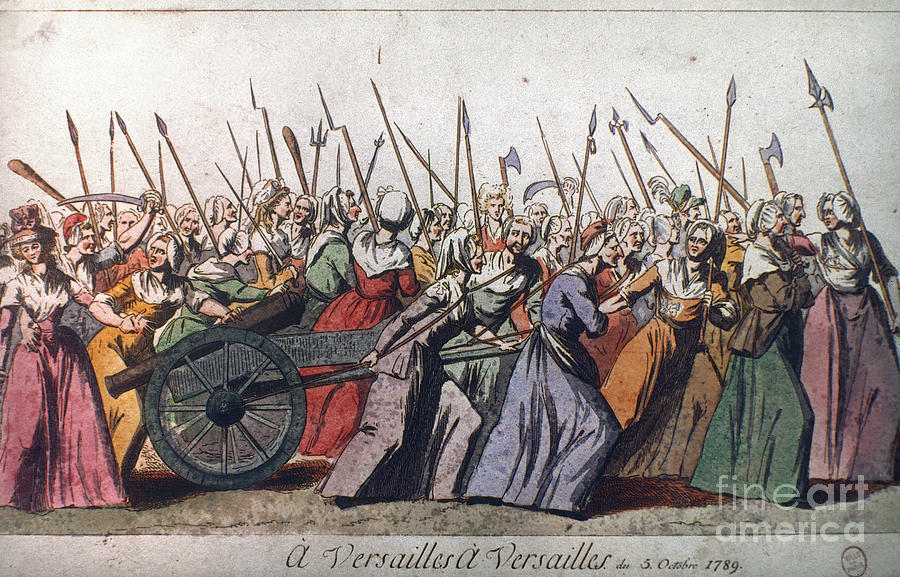Seguir leyendo En Deuda. Una Historia Alternativa de la Economía – David Graeber
Archivo de la categoría: CASTELLANO
Contrato Social y Sistema Interno de Cooperativas de la Federación Democrática del Norte de Siria (Rojava)
Compartimos aquí dos documentos oficiales elaborados por el Centro de Desarrollo de Economía Social del Comité Económico de la Federación del Norte de Siria (Rojava).
La Idea de la Revolución en el s. XIX – P. J. Proudhon
[cast] [en]
[cast]

En el gélido invierno de 1848, cuando las calles de París se siembran de barricadas, Pierre-Joseph Proudhon es testigo del primer asalto al orden establecido desde tiempos de Sieyès. Aquella revolución titubeante dará a la postre con Napoleón III en el Palacio del Elíseo, pero del poso de su fracaso nace Idea general de la revolución en el siglo XIX, la obra que habría de servir de guía a los revolucionarios del futuro. Siempre en el filo de la utopía, Proudhon brinda reflexiones certeras sobre los peligros y promesas del cambio, sobre el papel del Estado frente a la libertad individual o sobre la necesidad de repensar el mercado, anticipando ideas tan actuales como el socialismo de mercado o la democracia económica.
The General Idea of the Revolution in the 19th Century – P. J. Proudhon
Download audiobook (read by Stephanie Murphy in the Markets Not Capitalism)

In every revolutionary history three things are to be observed:
The preceding state of affairs, which the revolution aims at overthrowing, and which becomes counter-revolution through its desire to maintain its existence.
The various parties which take different views of the revolution, according to their prejudices and interests, yet are compelled to embrace it and to use it for their advantage.
The revolution itself, which constitutes the solution.
The parliamentary, philosophical, and dramatic history of the Revolution of 1848 can already furnish material for volumes. I shall confine myself to discussing disinterestedly certain questions which may illuminate our present knowledge. What I shall say will suffice, I hope, to explain the progress of the Revolution of the Nineteenth Century, and to enable us to conjecture its future.
First study. — Reaction causes Revolution.
Second study. — Is there sufficient reason for a revolution in the Nineteenth Century?
Third study. — The Principle of Association.
First study. — The Principle of Authority.
Fourth study. — Social Liquidation.
Sixth study. — The Organization of Economic Forces.
Seventh study. — Dissolution of Government in the Economic Organism.




